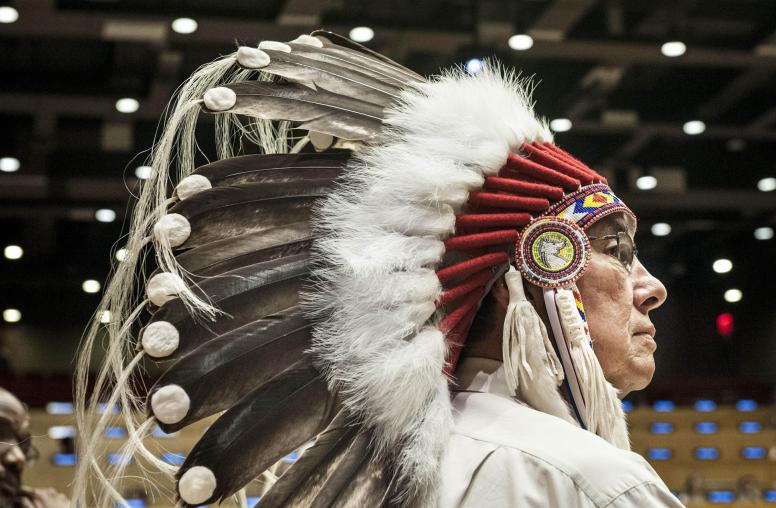Since the Genocide Convention was introduced 75 years ago, the crime of genocide has become so well known and so well understood that the international backlash is nearly instantaneous — and holding perpetrators accountable for this crime is foundational to many international judicial systems, from the tribunals for the former Yugoslavia and Rwanda in the 1990s to the prosecution of the Khmer Rouge in Cambodia. USIP’s Andrew Cheatham spoke with David Scheffer, the former U.S. ambassador at-large for war crimes issues and professor at Arizona State University, about the history of the Genocide Convention and the mechanisms by which genocide and other atrocity crimes are prosecuted.



